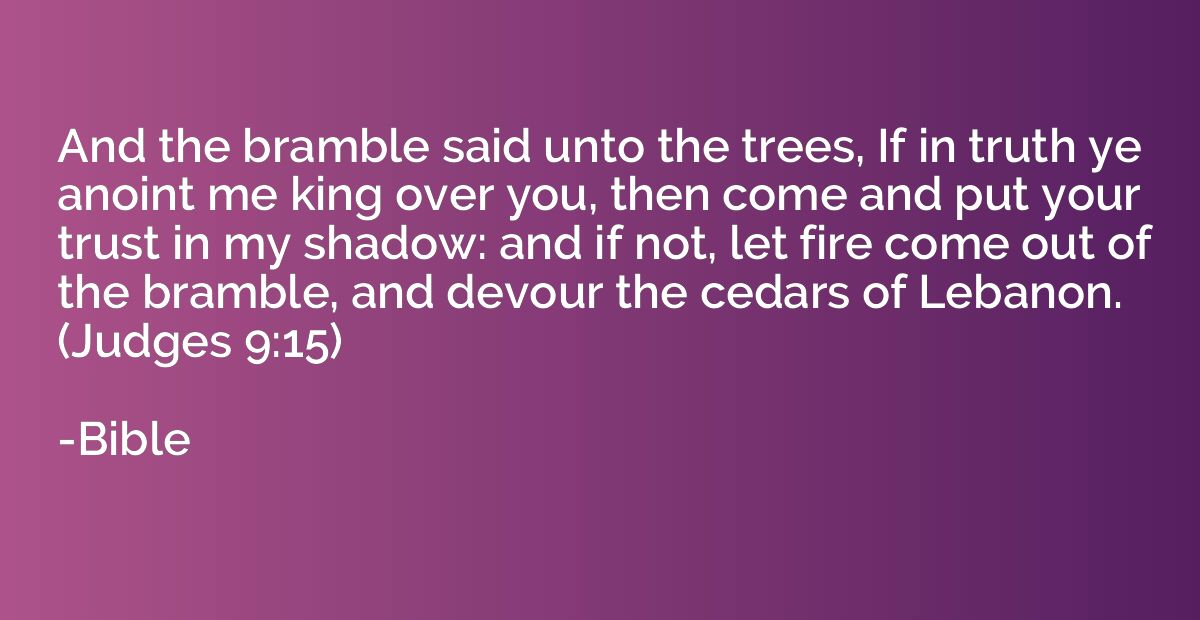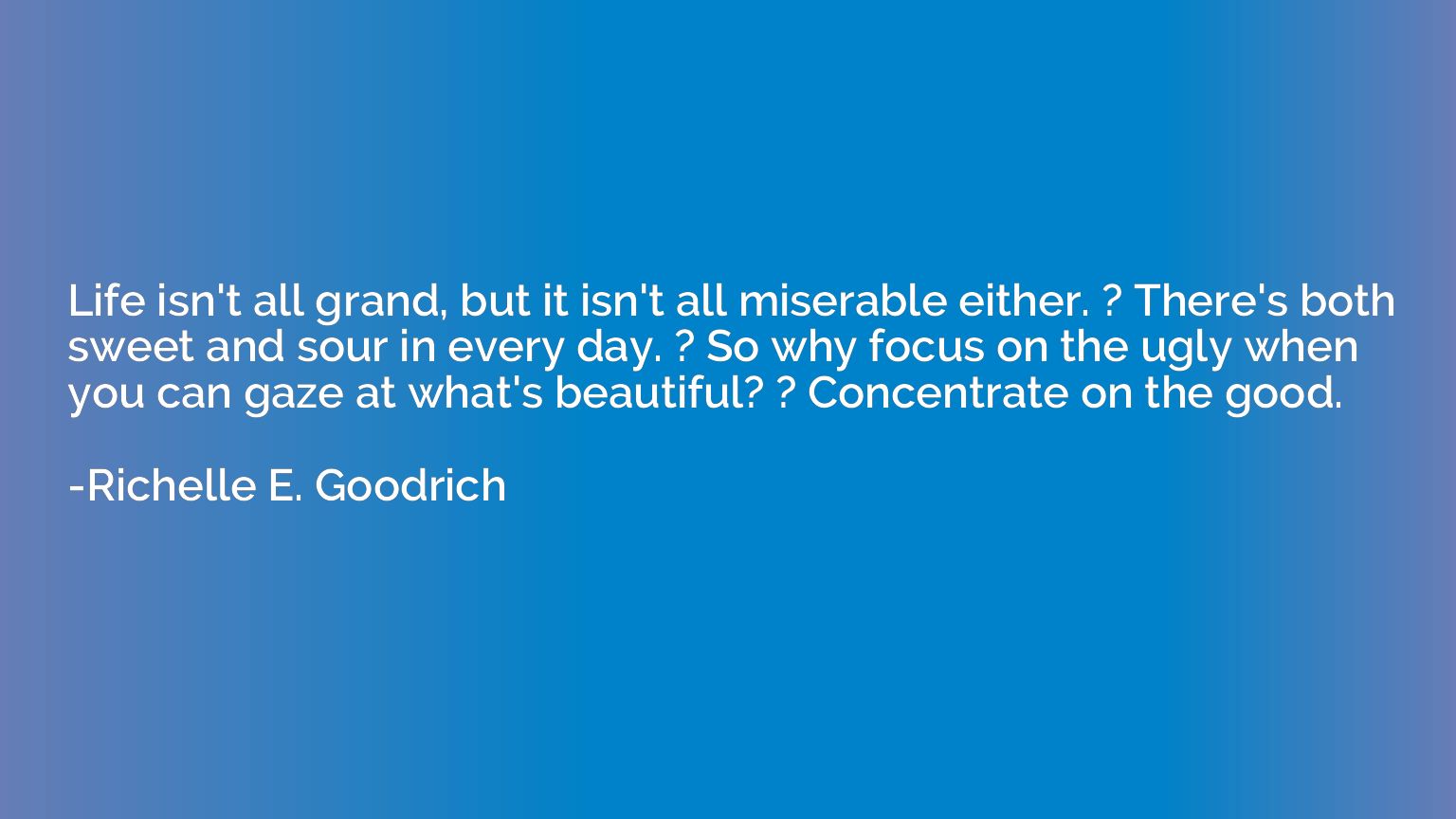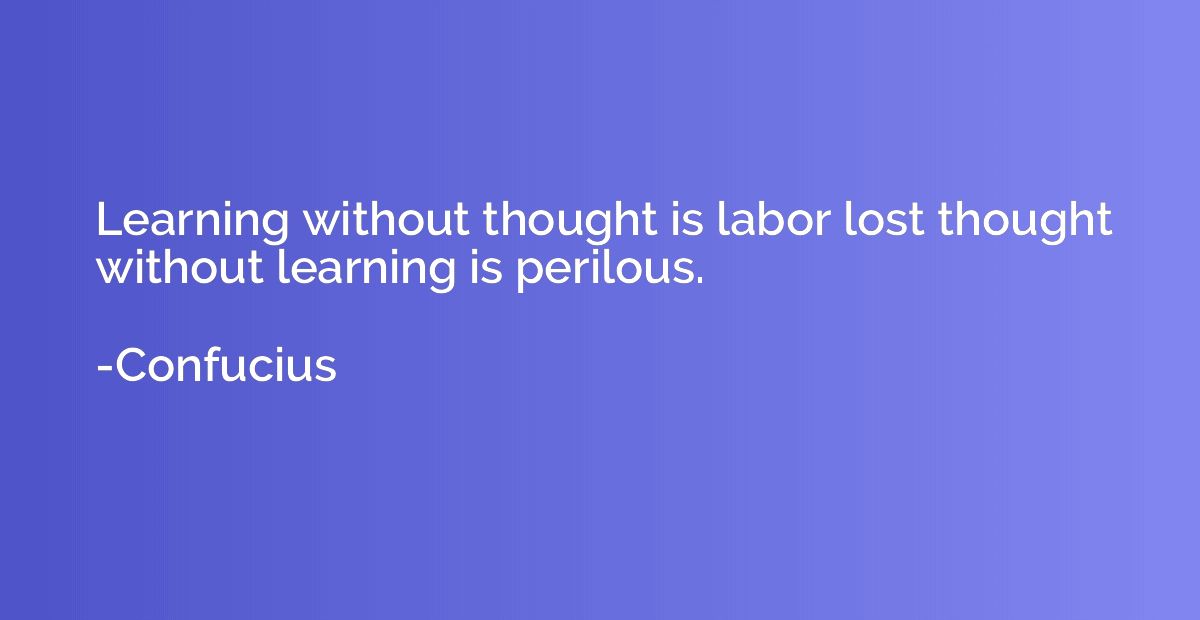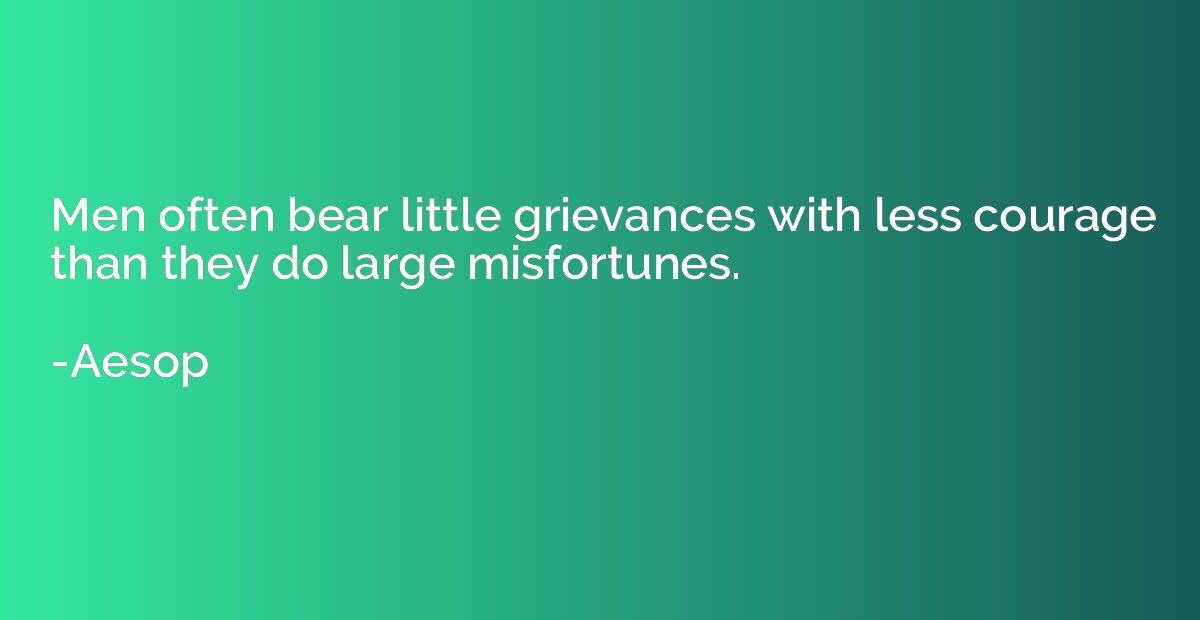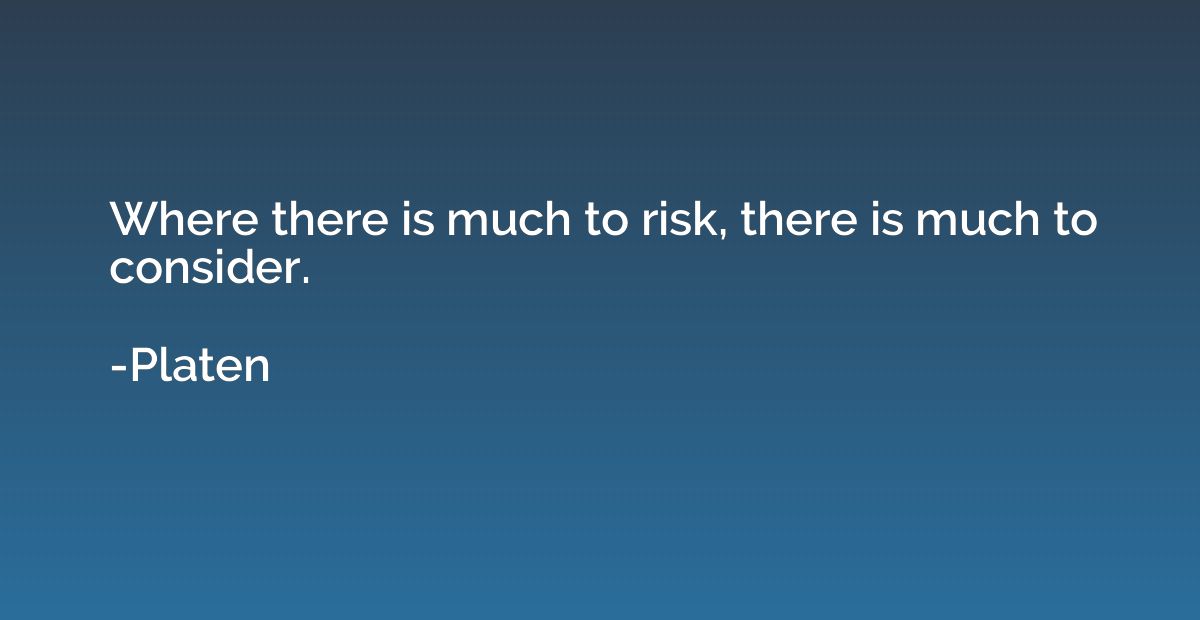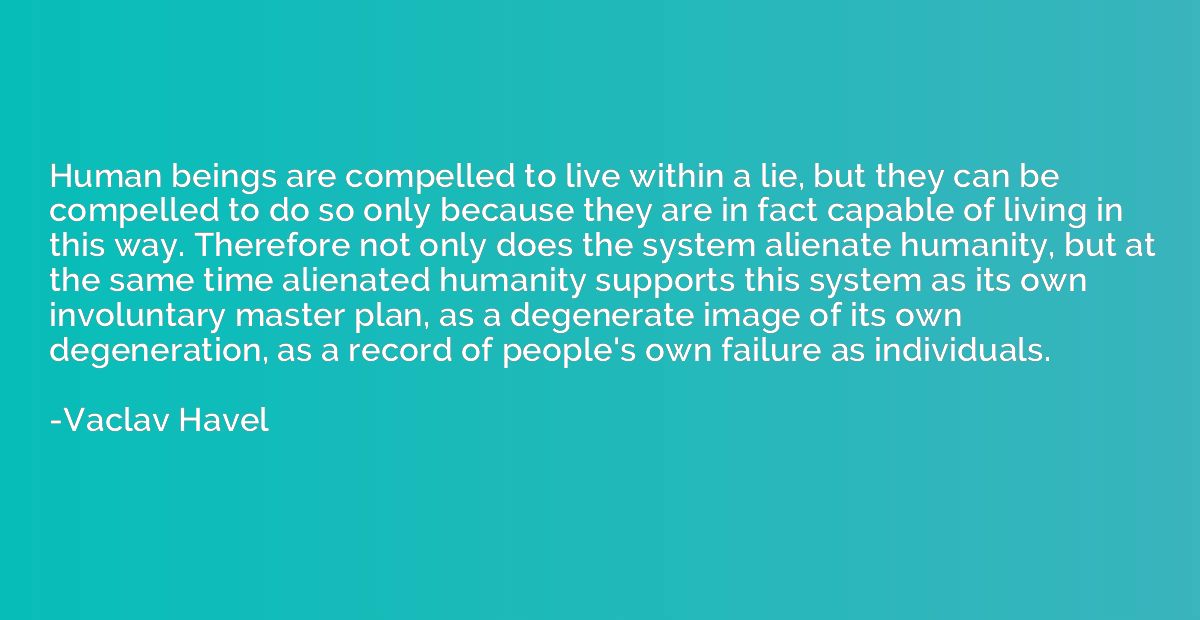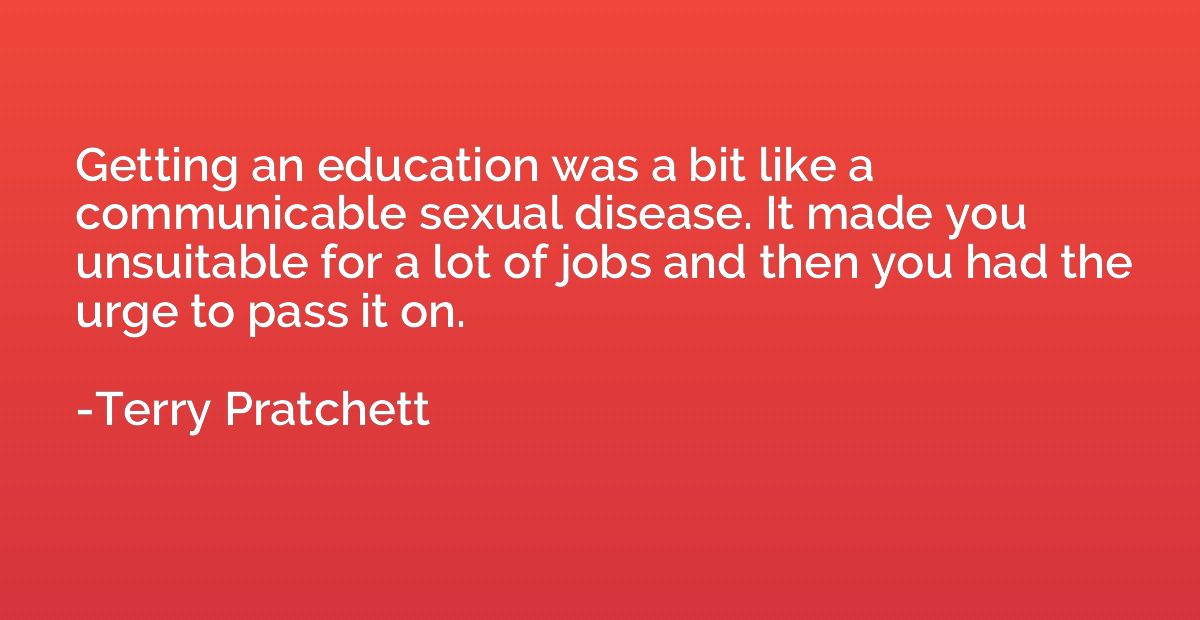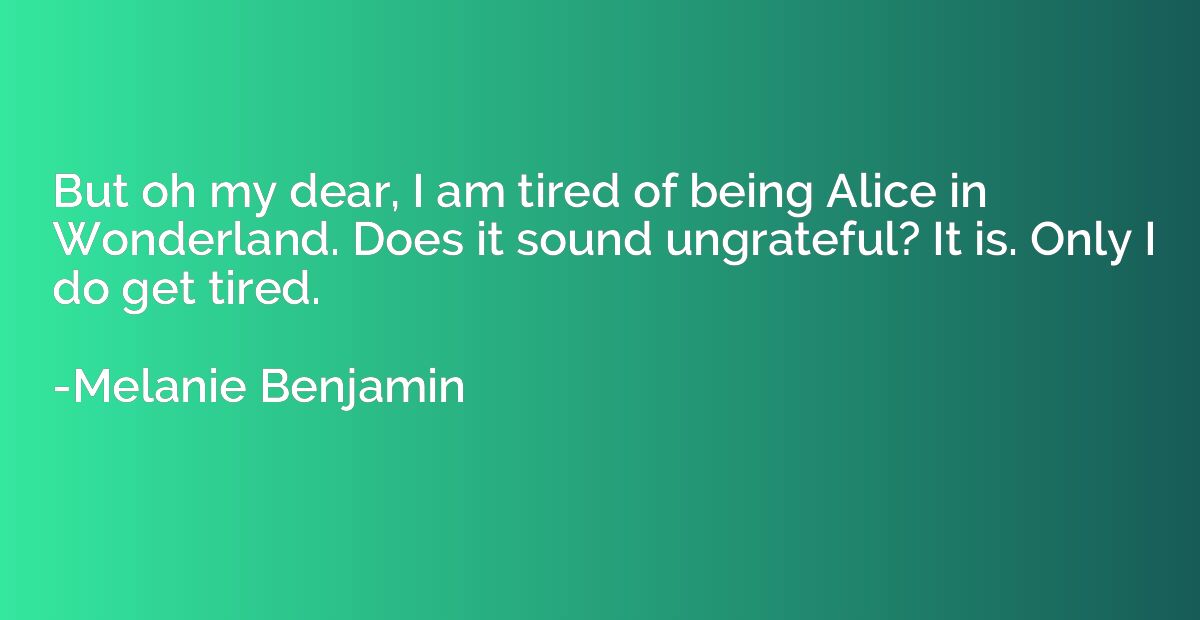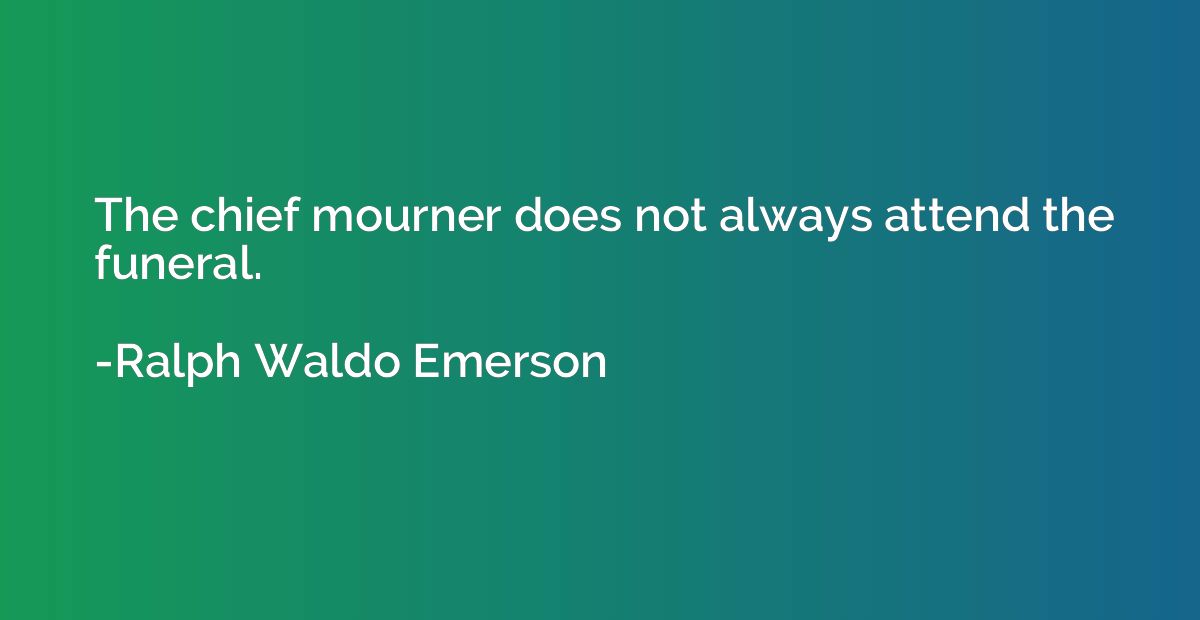Quote by Leonard Cohen, The Favorite Game
A woman watches her body uneasily, as though it were an unreliable ally in the battle for love.
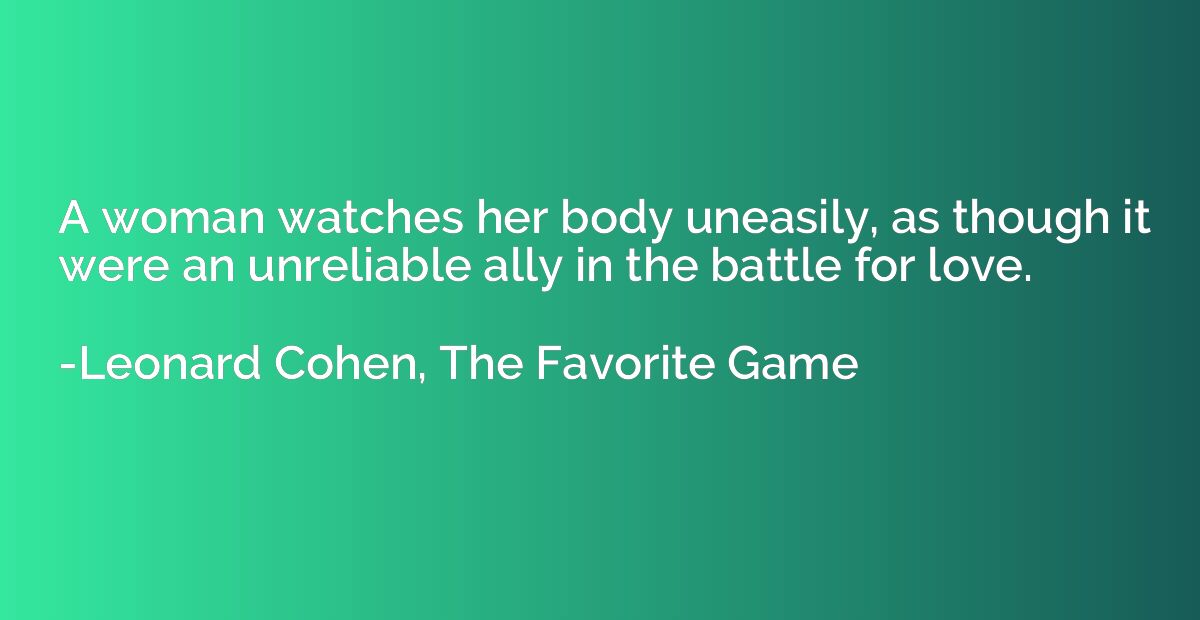
Summary
This quote encapsulates the perception of a woman's struggle with body image and self-acceptance in the pursuit of love. It suggests that women often feel disconnected from their bodies, casting doubts and uncertainties on their physical appearance in relation to finding love. This unease stems from societal pressures and standards that portray the body as a crucial factor in being desired or loved. The quote highlights the internal conflict experienced by women, revealing the complex relationship they have with their bodies and the impact it has on their pursuit of affection.



